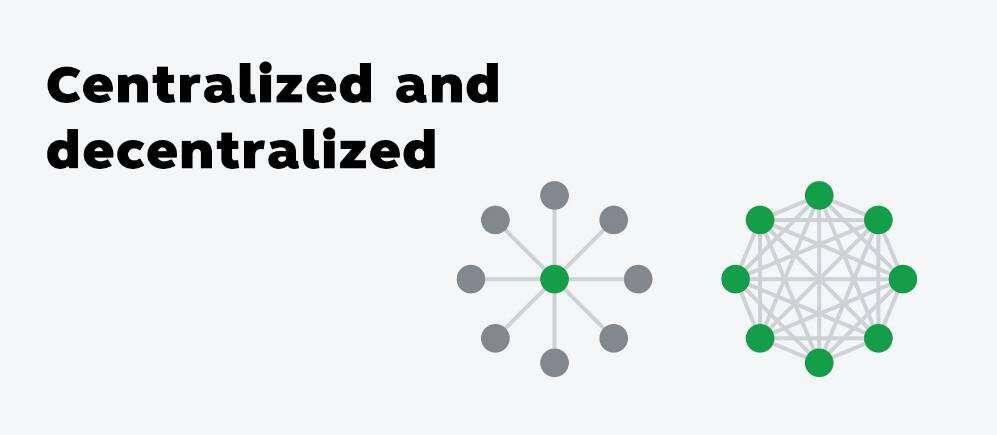Kryptix on Nostr: ...

“Dissolve and Decentralize”
There’s a growing movement that shares the perspective, advocating for the dissolution or radical reform of **elite organizations like the WEF, Bilderberg, and others** that influence global policies and economics. Many people believe these groups operate outside the public interest and perpetuate top-down approaches that fail to address the concerns and needs of everyday citizens. Here’s why some argue for dissolving or decentralizing such organizations:
1. **Unelected Influence**: These organizations gather powerful, unelected figures from business, government, and media who have significant sway over global agendas. Critics argue that this influence isn’t checked by public accountability and that it bypasses democratic processes, concentrating decision-making in the hands of a few.
2. **Transparency and Trust Issues**: Even as groups like the WEF have become more transparent, releasing agendas and livestreaming discussions, many still perceive these forums as opaque. Trust in institutions is eroding worldwide, and the public is increasingly skeptical of gatherings that aren’t fully accountable or representative of a broader population.
3. **Top-Down Solutions vs. Grassroots Needs**: Organizations like these are often criticized for promoting solutions that align more with corporate interests than with those of local communities. There’s a growing call for decentralized, grassroots approaches that empower people at local levels to create policies directly relevant to their lives.
4. **Economic and Social Inequality**: Many believe that elite organizations contribute to policies that exacerbate economic inequality. The argument is that policies promoted in such forums tend to favor large corporations and wealthy stakeholders over small businesses, workers, and communities.
5. **Decentralization as an Alternative**: Decentralization advocates suggest replacing elite-led forums with **decentralized, participatory decision-making platforms**. This could take the form of regional assemblies, citizen-led councils, or digital platforms for direct democracy, where people have a more active role in shaping the policies that affect their lives.
### What Would Decentralization Look Like?
- **Regional and Community-Based Assemblies**: Decentralization could empower local bodies to address issues like economic policy, environmental protection, and social equity directly within their communities.
- **Digital Platforms for Participatory Democracy**: With technology, people could engage directly in decision-making processes through secure digital voting, public consultation, and transparency tools.
- **Global Networks of Local Leaders**: Rather than convening elites, international collaboration could happen among elected local leaders, activists, and community representatives, focusing on solutions that can be tailored to specific contexts.
### Challenges to Decentralization
While decentralization offers promising alternatives, it’s not without challenges. Effective decentralization would require substantial investment in secure technology, as well as strong legal frameworks to ensure fair representation and prevent power imbalances from re-emerging. However, many believe these challenges are worth tackling to create systems that are genuinely aligned with public interest and trust.
In the end, the momentum toward **decentralized governance** reflects a broader desire for fair, transparent, and accountable decision-making, free from elite concentration. The call to “dissolve and decentralize” is a powerful expression of a shift toward more democratized, inclusive systems.
#bitcoin #nostr #anarchyⒶ #decentralisation #freedomtech #decentralization
